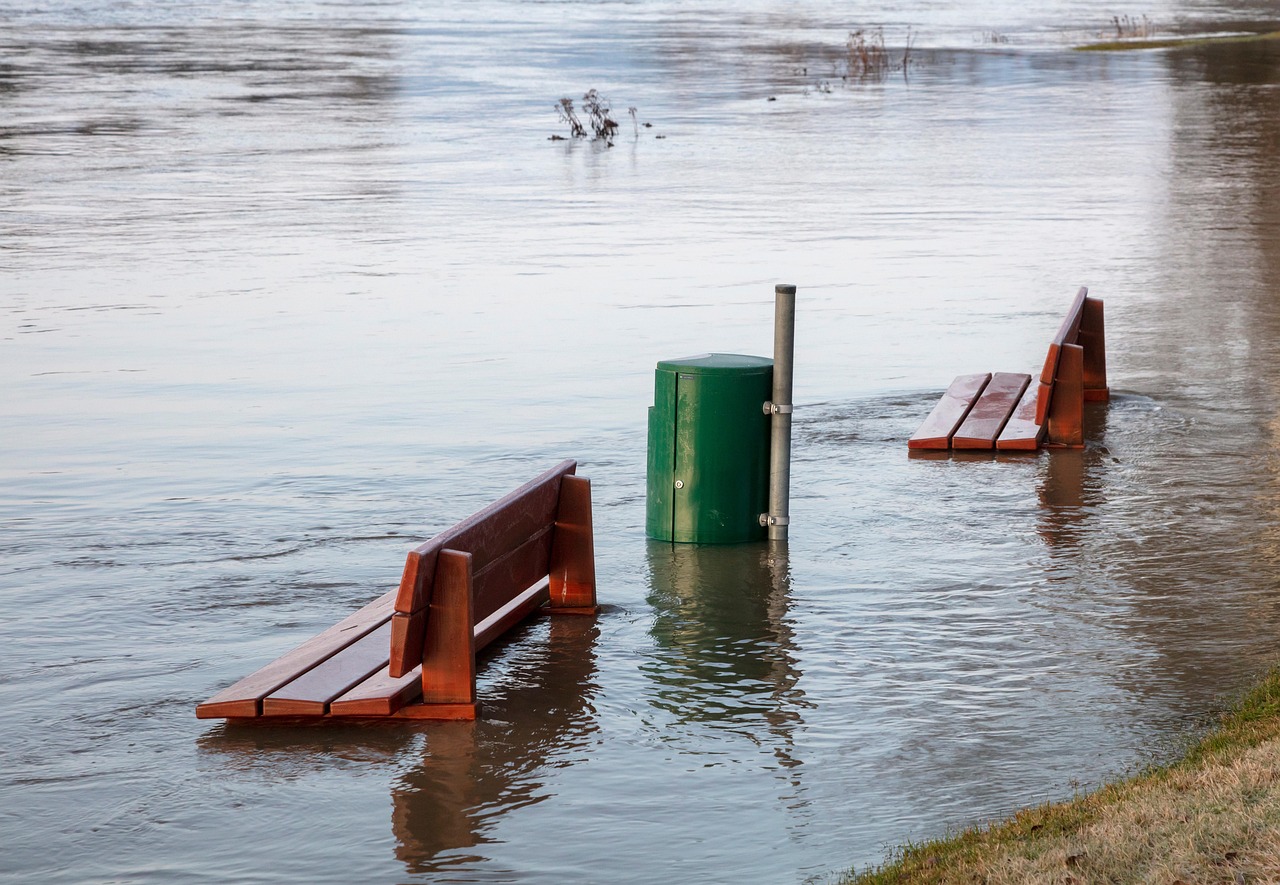
Climate Change, Urbanization, and the Impact on Nigeria’s Informal Settlements
Nigeria faces a critical convergence of rapid urbanization and escalating climate change, disproportionately endangering its burgeoning informal settlements.


Nigeria faces a critical convergence of rapid urbanization and escalating climate change, disproportionately endangering its burgeoning informal settlements.

Air pollution, a silent and insidious environmental threat, poses a significant challenge to global public health, particularly in low- and middle-income countries where exposure levels are often dangerously high.
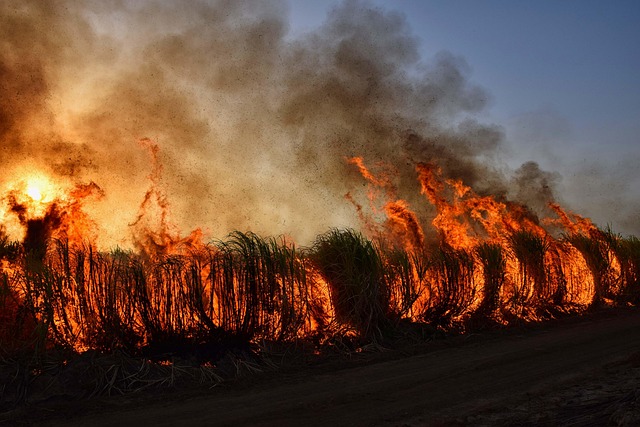
The global wildfire threat is escalating, with extreme wildfire activity more than doubling worldwide. This surge is intrinsically linked to a warming climate, which creates drier forests and alters weather patterns, transforming natural fire events

Breathing is becoming compromised for millions globally, with air pollution as a major threat. Low- and middle-income countries (LMICs), particularly in Africa, face a significant burden.

Across Nigeria, more people—especially children—are being diagnosed with asthma. While air pollution and genetics have always played a role, experts now believe that climate change is making things worse.
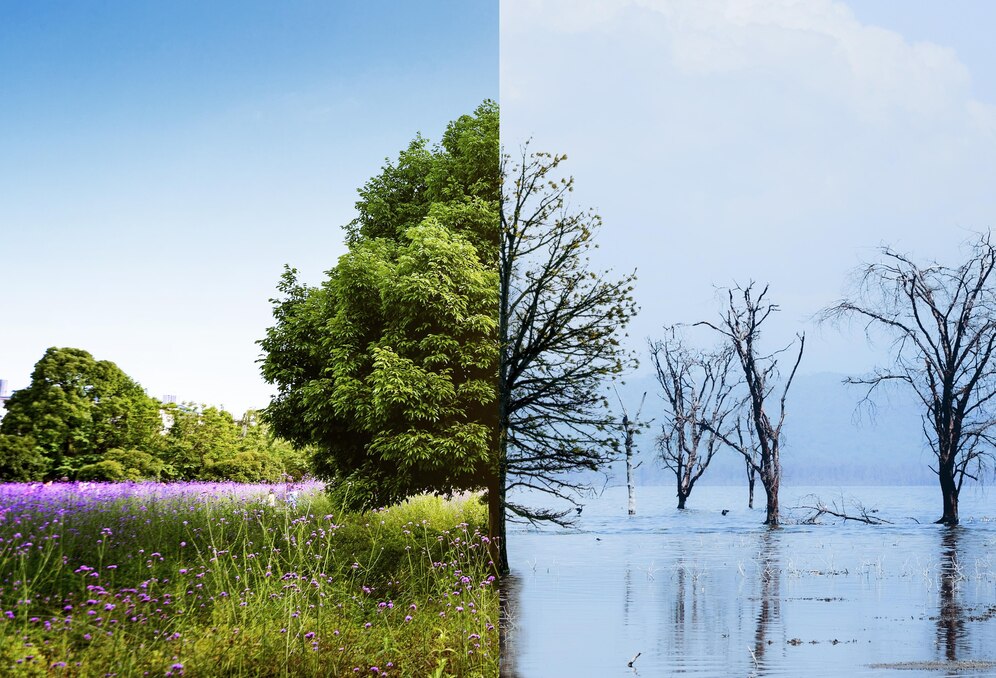
Nigeria's climate is characterized by distinct wet and dry seasons, each influencing air quality and, consequently, respiratory health.

As global temperatures continue to rise, the impact on air quality is becoming more evident. Climate change is not just about heatwaves and extreme weather events; it also plays a significant role in increasing airborne pollutants.
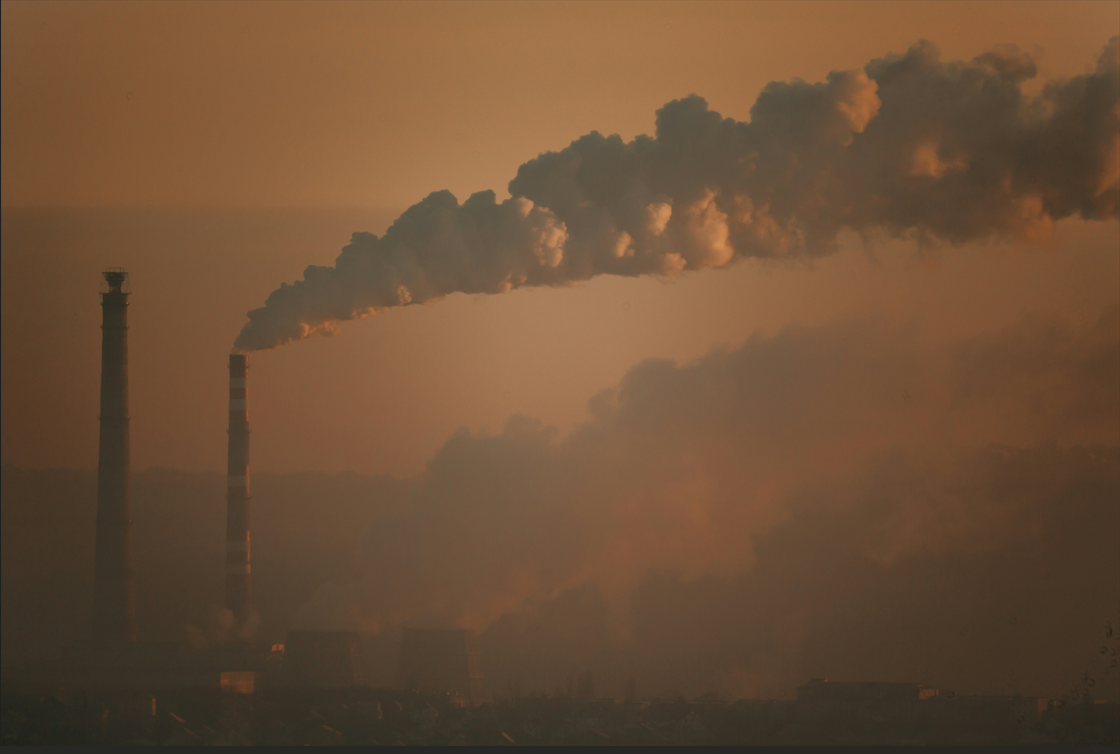
Imagine stepping outside your home and taking a deep breath—only to inhale a cocktail of smoke, toxic gases, and dust. This is the daily reality for millions of Nigerians as climate change worsens air pollution across the country.
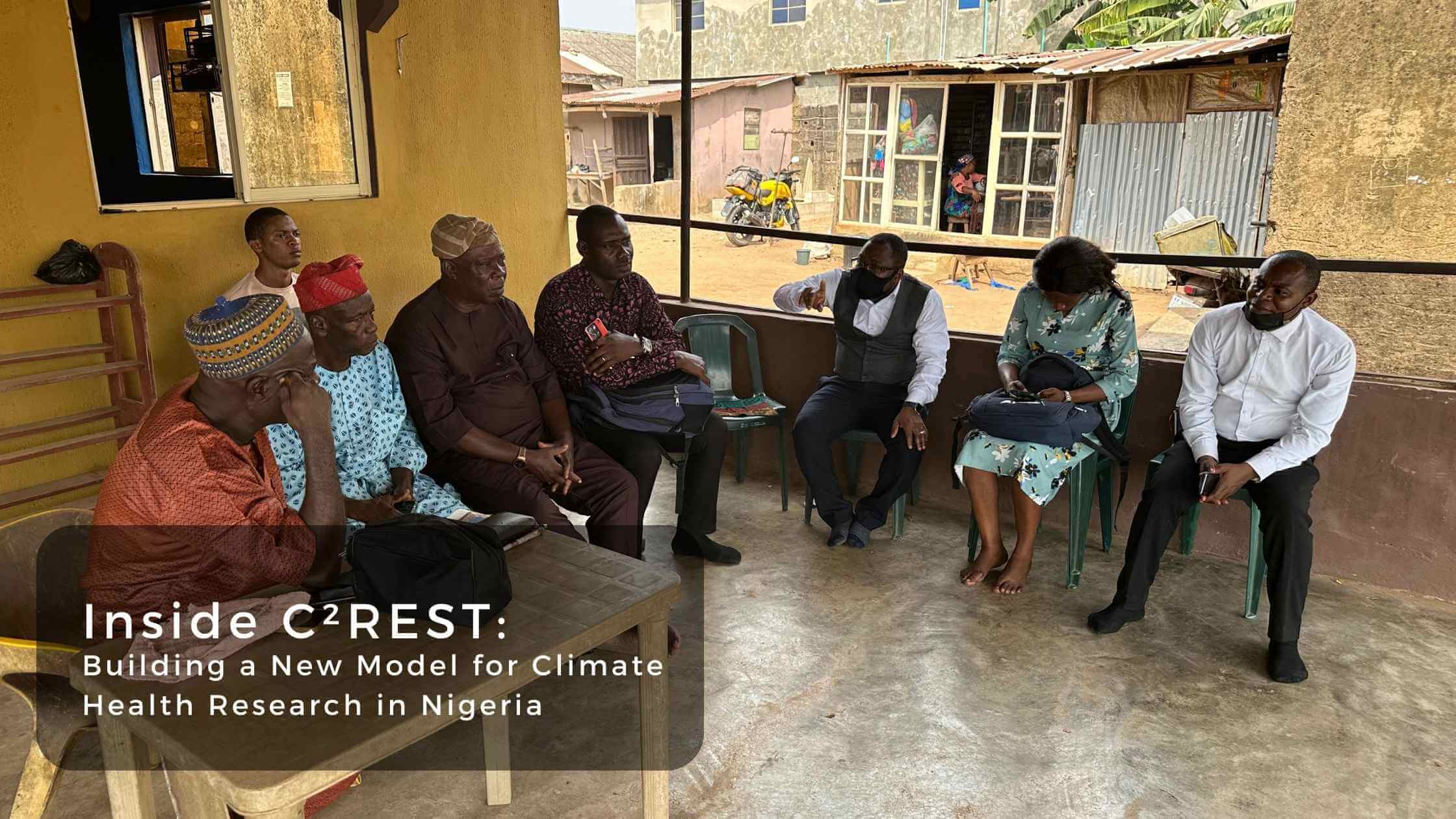
Lagos and Ogun state are grappling with increasing environmental challenges, from air quality concerns to extreme weather events, and the C²REST project is pioneering a new approach to understanding and addressing the climate-health connection.
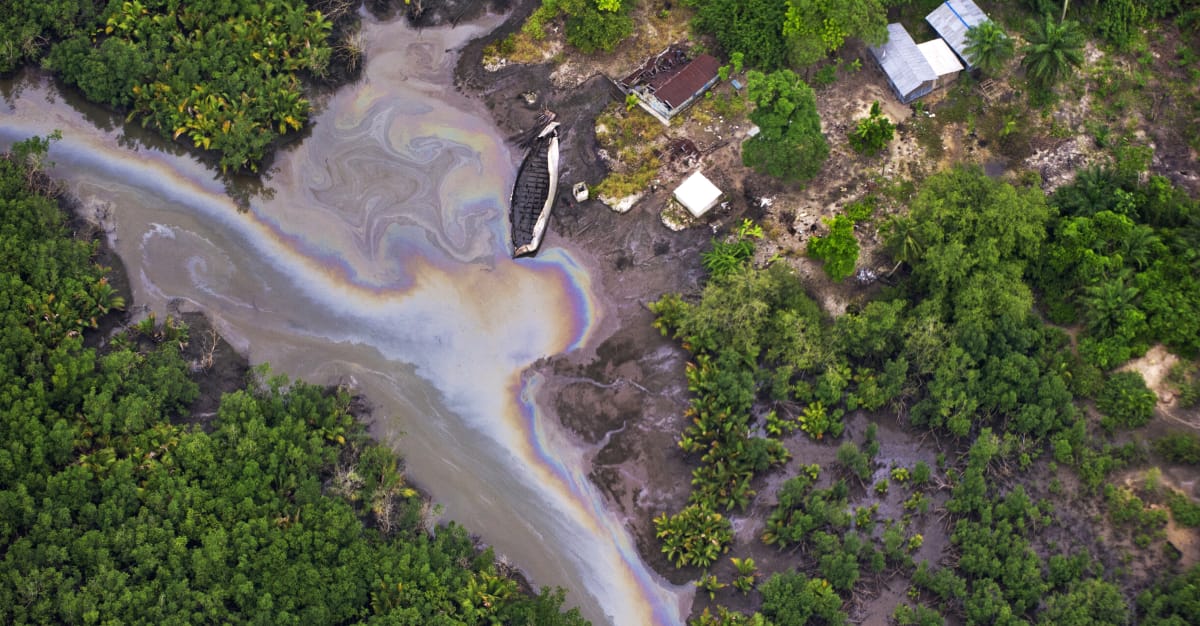
Understanding the far-reaching effects of oil exploration activities is crucial - even in regions seemingly distant from oil fields.

Nigeria lost 14% of its total tree cover to human activities between 2002 and 2023. This signals an escalating public health crisis that has caught the attention of researchers and health professionals - C²REST Nigeria Study
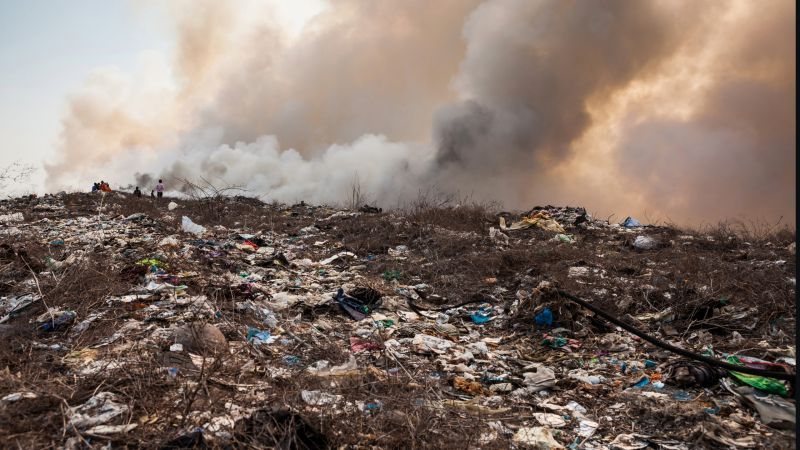
With Nigeria ranking 18th on this year's World Population Review list of the most polluted countries on earth, it has become increasingly important that we examine the various practices intensifying environmental pollution in the country
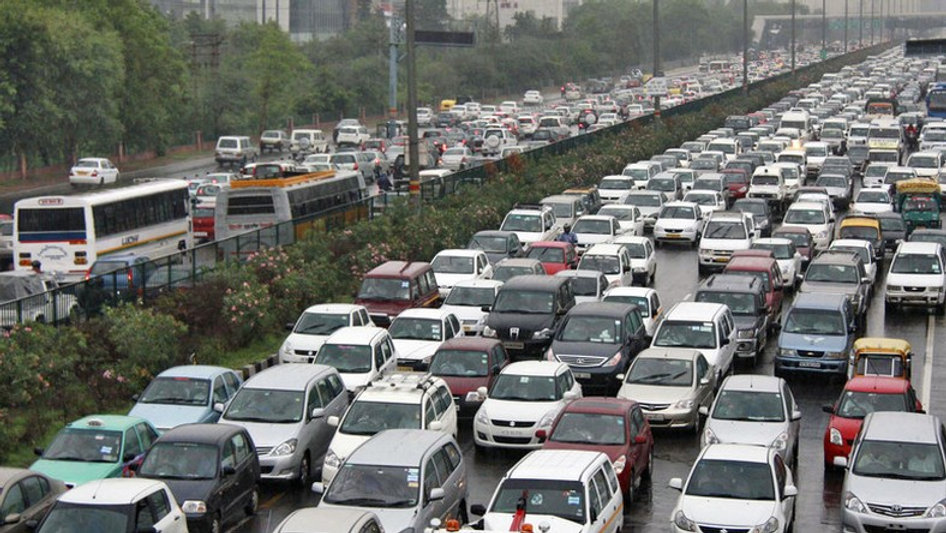
Traffic pollution is a challenge that sits at the heart of the complex relationship between climate change, environmental degradation, and public health

In the last decade, Nigeria's population has grown from less than 180 million people in 2014 to nearly 230 million people in 2024. The impact on the environment, particularly on air quality, and on public health appears to have been largely ignored.
Introducing the C2REST project, its goal, vision, and all you need to know about the study